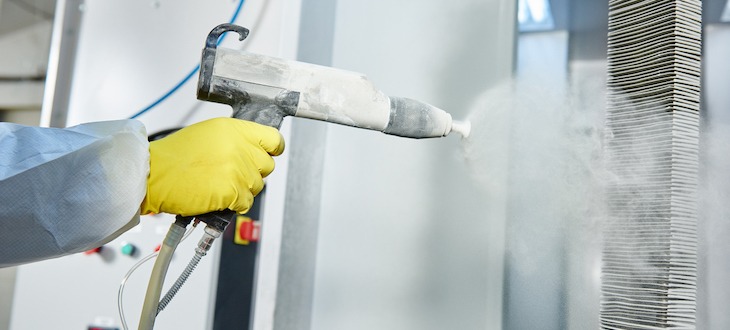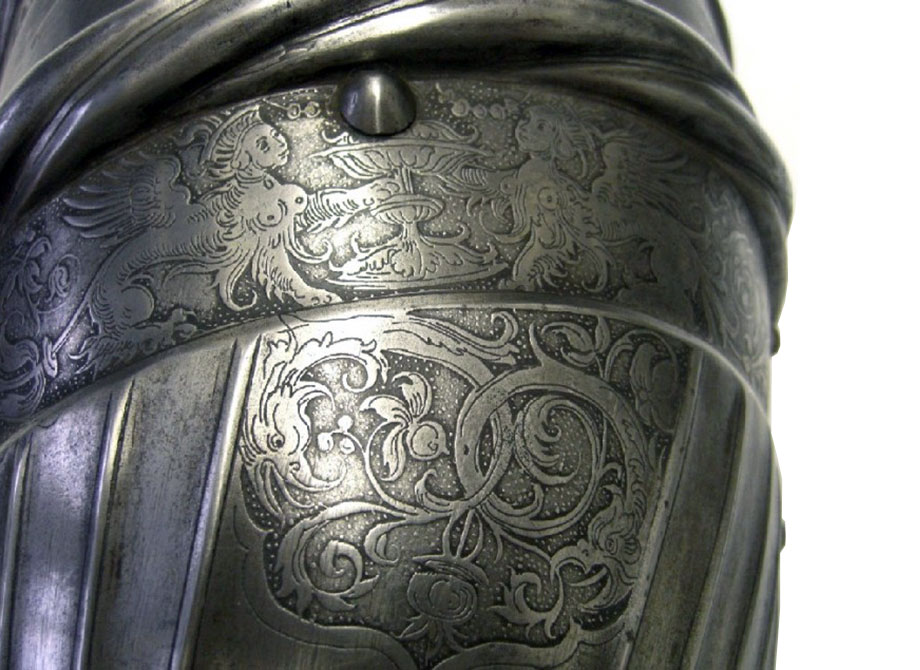The two types of oxidation preventive oils used in the oxidation prevention are given in table 1 although the oils a and b are manufactured by nihon kohsakuyu co ltd.
Avoid oxidation between 2 sheets of steel.
I assume this is essentially due to oxidation of the zinc and i would think that it would be superficial.
So when stainless steel and carbon steel are connected and an electrolyte such as moisture is introduced stainless steel absorbs carbon steel s electrons.
In metallurgy and materials science annealing is a heat treatment that alters the physical and sometimes chemical properties of a material to increase its ductility and reduce its hardness making it more workable it involves heating a material above its recrystallization temperature maintaining a suitable temperature for an appropriate amount of time and then cooling.
Oxidation is the reaction of oxygen with an element in steel.
As lubricants for warm stamping of stainless steel and titanium sheets respectively the capability for the oxidation prevention in the hot stamping of the quenchable steel sheets was evaluated.
The simplest heat treating process is normalizing.
A material called a flux is applied to the steel and allowed to dry.
How to prevent corrosion between carbon and stainless steel.
Steel steel treating of steel.
Well it does but only where the liquid.
The steel is dipped in a vat of molten zinc and allowed to heat to the temperature of the zinc.
In principle heat treating already takes place when steel is hot rolled at a particular temperature and cooled afterward at a certain rate but there are also many heat treating process facilities specifically designed to produce particular microstructures and properties.
Moisture will surely find a way in and pretty soon oxidation is underway.
This chemical process can occur either in the air or after the metal is exposed to water or acids.
The steel is pickled in acid to remove mill scale then rinsed.
Rust bleed in galvanized weldments.
The most common form of oxidation is rust.
Carbon steel can deteriorate rapidly become weak and come crashing down.
White rust on galvanized steel 1998.
When does oxidation occur.
Rust itself is the build up of thousands of molecules of iron oxide that form the reddish colored film on the surface of steels.
The two plates will look as though they re in complete contact but in reality there are crevices between them.
The most common example is the corrosion of steel which is a transformation of the iron molecules on steel s surface into iron oxides most often fe 2 o 3 and fe 3 o 4.
The steel is cooled in a quench tank containing water.
Pure water h 2 o does not contain any dissolved salts or minerals and will react swiftly with zinc to form zinc hydroxide a bulky white and moderately unstable oxide of zinc.
This puzzles a lot of people as galvanizing is supposed to prevent corrosion.
This helps the final zinc coating adhere to the steel.




























